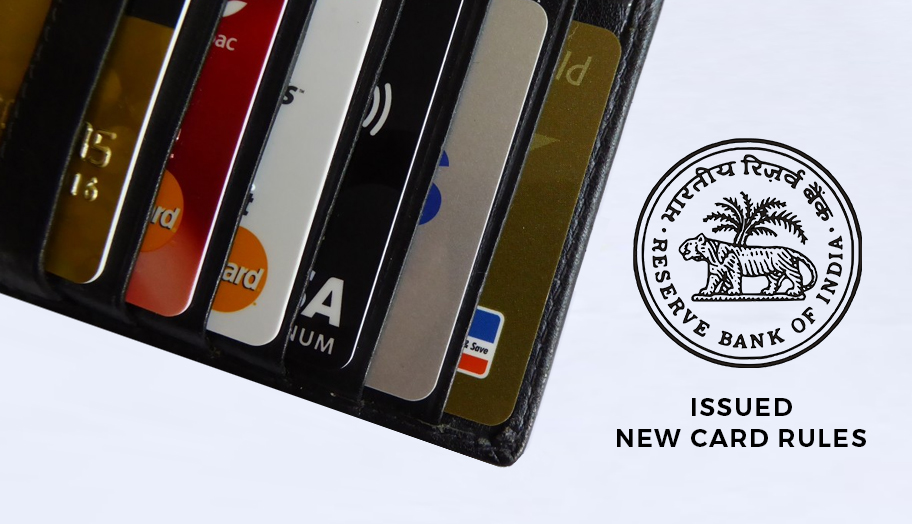In a bid to improve security in card transactions, the Reserve Bank of India (RBI) issued new card rules for banks and other card-issuing companies on Wednesday, Jan 15.
The guidelines, which will come into effect on March 16, includes new rules on online payment services and foreign transactions.
As per the order, the RBI issued that banks may allow domestic card transactions across the country at contact-based points of usage only, which covers transactions at ATMs and PoS terminals. Moreover, card-issuing companies are also asked to disable online payment services to all credit and debit cards that have never been used for online or contactless transactions.
Meanwhile, if a user wishes to use his or her card abroad for international transactions, RBI mandated that he or she must separately set up services on the card. The same rule applies to online transactions, contactless transactions, as well as card-not-present transactions.

The RBI, however, clarified that it is up to the banks to decide whether to disable the card of existing users for domestic and international transactions, as well as online and contactless transactions, based on their risk perception.
Under the new provisions, users will be provided with a “…facility to switch on/off and set/modify transaction limits (within the overall card limit, if any, set by the issuer) for all types of transactions — domestic and international, at PoS/ATMs/ online transactions/contactless transactions” should be provided on a 24×7 basis through multiple channels,” including mobile applications, Net banking, automated teller machines (ATMs), or Interactive Voice Response.
Banks are also mandated to provide users with alerts or status via SMS or mail to keep customers on top of the status of their cards.
The issuance of the new rules comes as a move initiated by RBI to improve security for digital transactions following the amplified number and value of transactions made via cards over the years.













